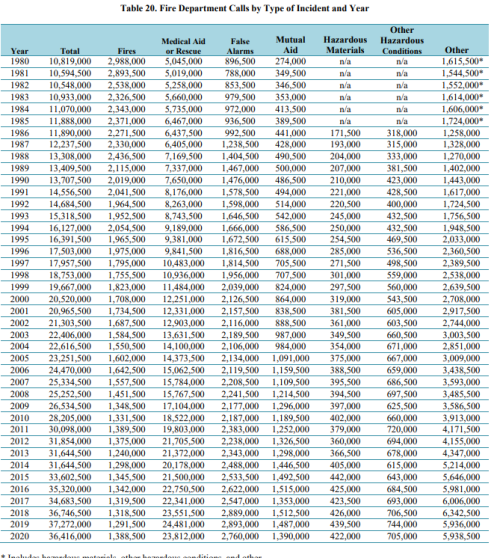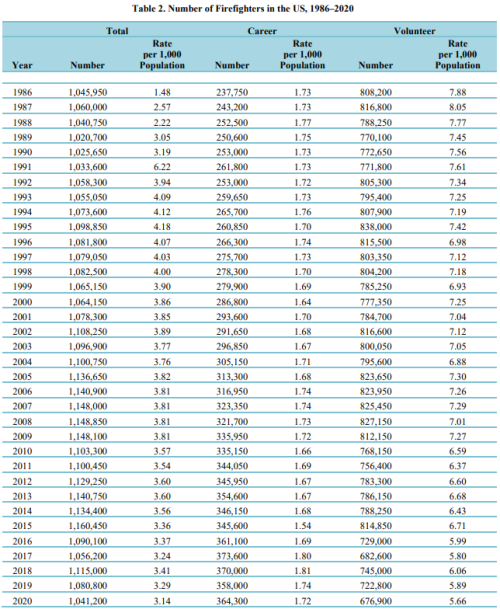
Cat Urbigkit: Firefighters Wanted In Wyoming
Columnist Cat Urbigkit writes, "Of 55 Wyoming fire departments responding to the recent survey, most reported experiencing challenges with recruiting new firefighters. All told, the responding fire departments reported the need for nearly 500 additional firefighters statewide to fill their rosters."
I thought it was interesting to see what WY legislators are looking at in terms of trying to incentivize more volunteer firefighters. Free/reduced cost licenses and a special week for Volunteer Firefighters on the table.
I know we have some volunteers on the board, curious as to their thoughts on this. To my mind, most of these suggestions aren't going to be much of an incentive - burn your personal time off to fight fires, etc. Seems like small ball solutions to big-ball problems.






